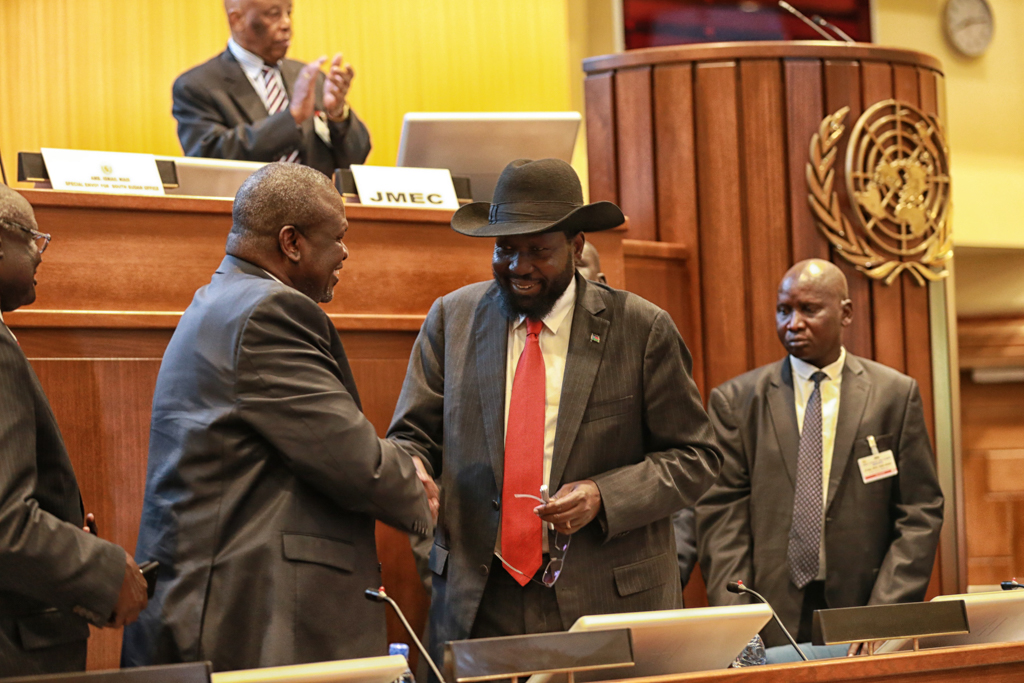
Exploring the Complexities of Peace Agreement Design
More complex peace agreements with a greater number of provisions correspond with a greater probability of failed implementation and of armed conflict recurrence.
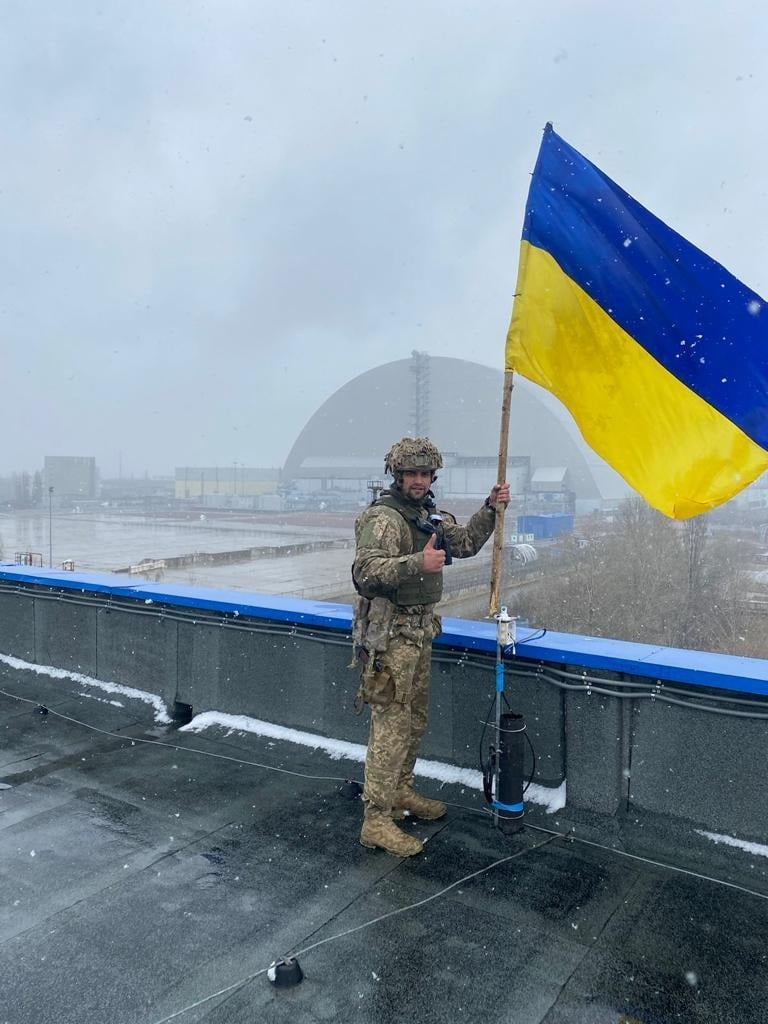
Weaponized Sexuality: Sexist and Homophobic Propaganda During the Russo-Ukrainian War
When supplemented with the promise of reseating Russia as a great world power, propaganda infused with state-sanctioned homophobia and praise for the traditional “macho” masculine ideology has successfully maintained public support for Russian military action against Ukraine.
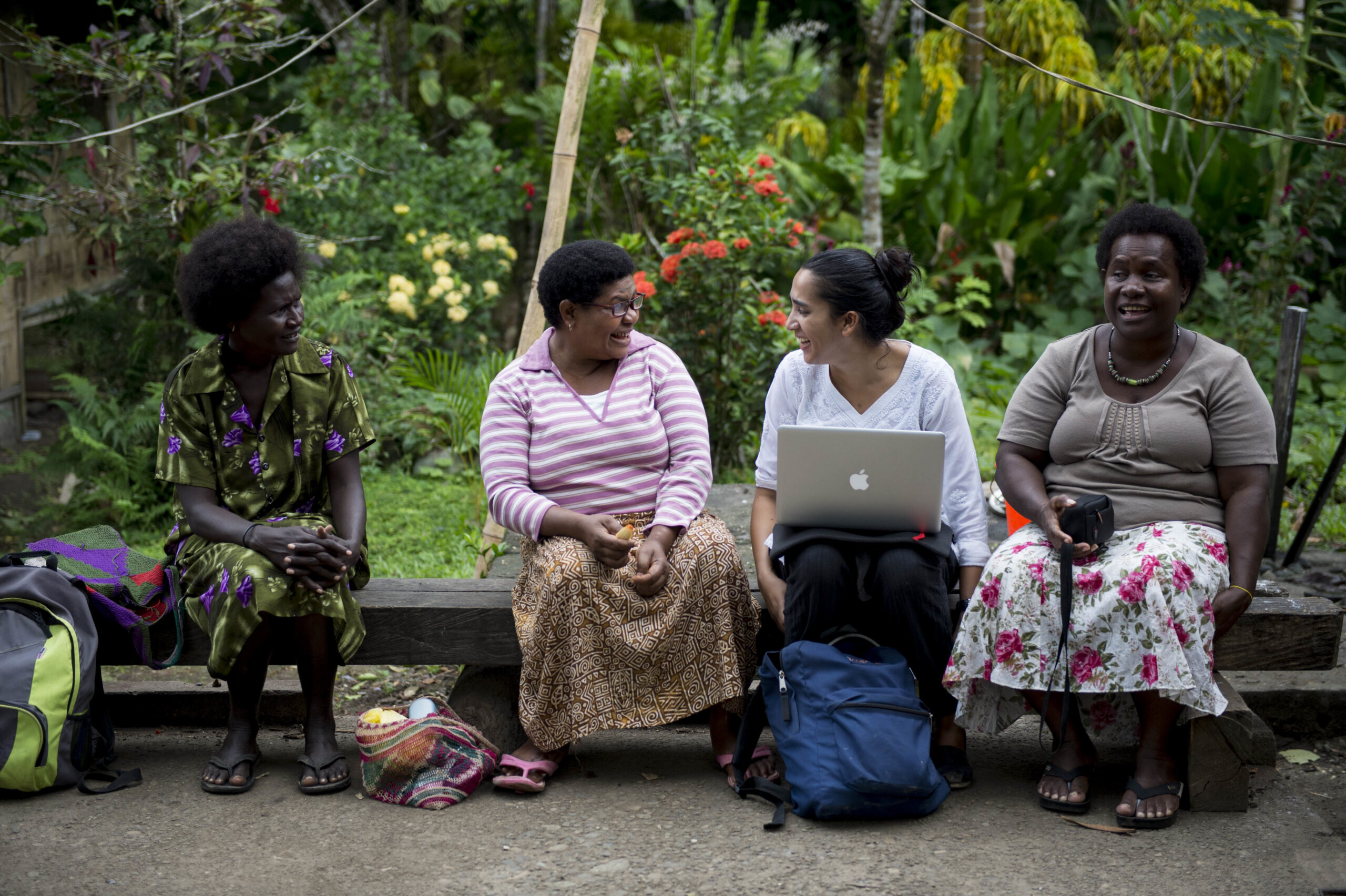
Global/Local Interactions and Women’s Participation in Conflict and Peacebuilding in Bougainville
In the case of Bougainville, women leaders emphasized their peacebuilding role in the conflict, drawing on both local customs and norms—like their “maternal responsibility”—and global norms enshrined in UNSCR 1325 to buttress their participation in peace work.

Challenges Implementing the Women, Peace, and Security Agenda in EU Peacekeeping
Planning staff in EU peacekeeping and crisis management missions maintain traditional understandings of security as a gender-neutral domain in relation to which “gender issues” are seen as an afterthought—not as essential to security work itself

How Military Rivalries Impact Female Political Representation
When democratic countries are involved in an international rivalry, average female political representation is cut in half, from nearly 20% to 10%; when they are involved in two rivalries, female representation falls to 4%.

Critical Feminist Insights on Security, Militarism, and the Inclusion of Women in the Military
Militarism, militarized security, warfare, and the military itself all depend on gender hierarchies—the privileging of masculinity and its associated traits over femininity and its associated traits—and “gendered myths and images” to function.
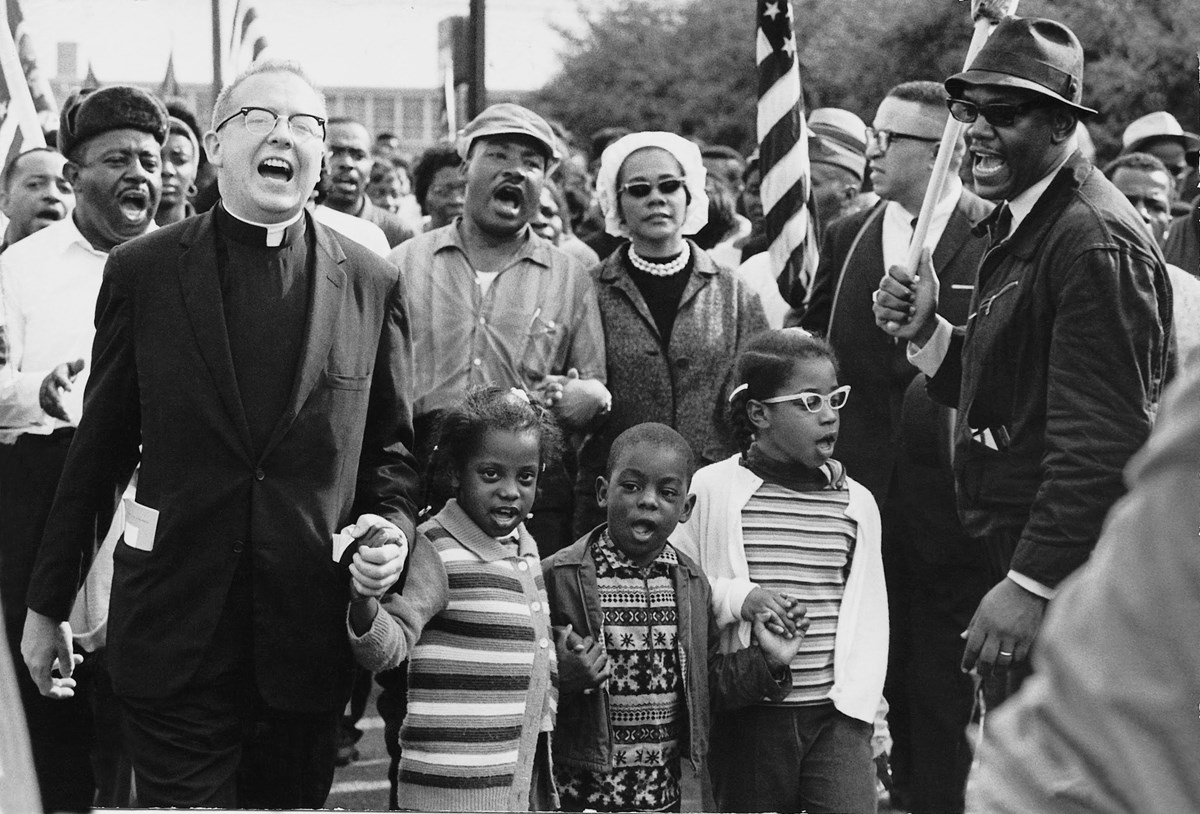
Understanding Varieties of Nonviolent Civil Resistance
Nonviolent tactics have varying resource needs, and organizations have varying capabilities and resources. Organizations are incentivized to diversify their nonviolent tactics when other organizations are active in the same movement.
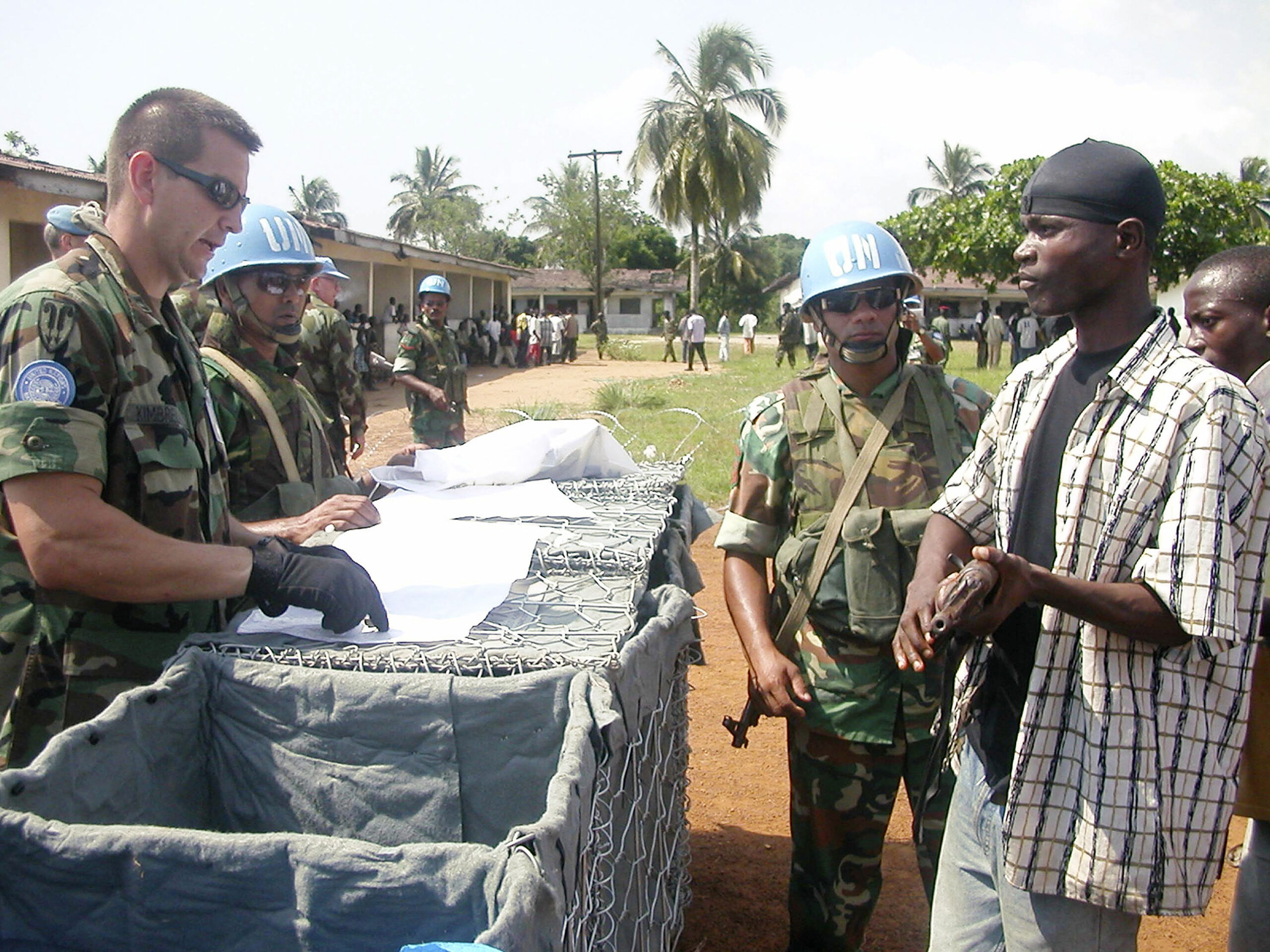
Social Capital, the Reintegration of Ex-Combatants, and Peacebuilding in Post-War Liberia
Social capital—in the form of trust, norms, and networks—is central to how the reintegration of ex-combatants has played out in post-war Liberia but also is itself a key product of these reintegration processes.

When Do Nonviolent Uprisings Prompt Mediation?
Nonviolent uprisings with radical flanks have a higher mediation rate—35%, as opposed to 14% for those uprisings without radical flanks—suggesting that movements with radical flanks may create greater incentives for mediation due to the “greater risks of negative externalities.”

When Countries Import More Weapons, Are They More Likely to Go to War?
In high-risk countries, an increase in weapons imports can significantly increase the likelihood that armed conflict will break out.
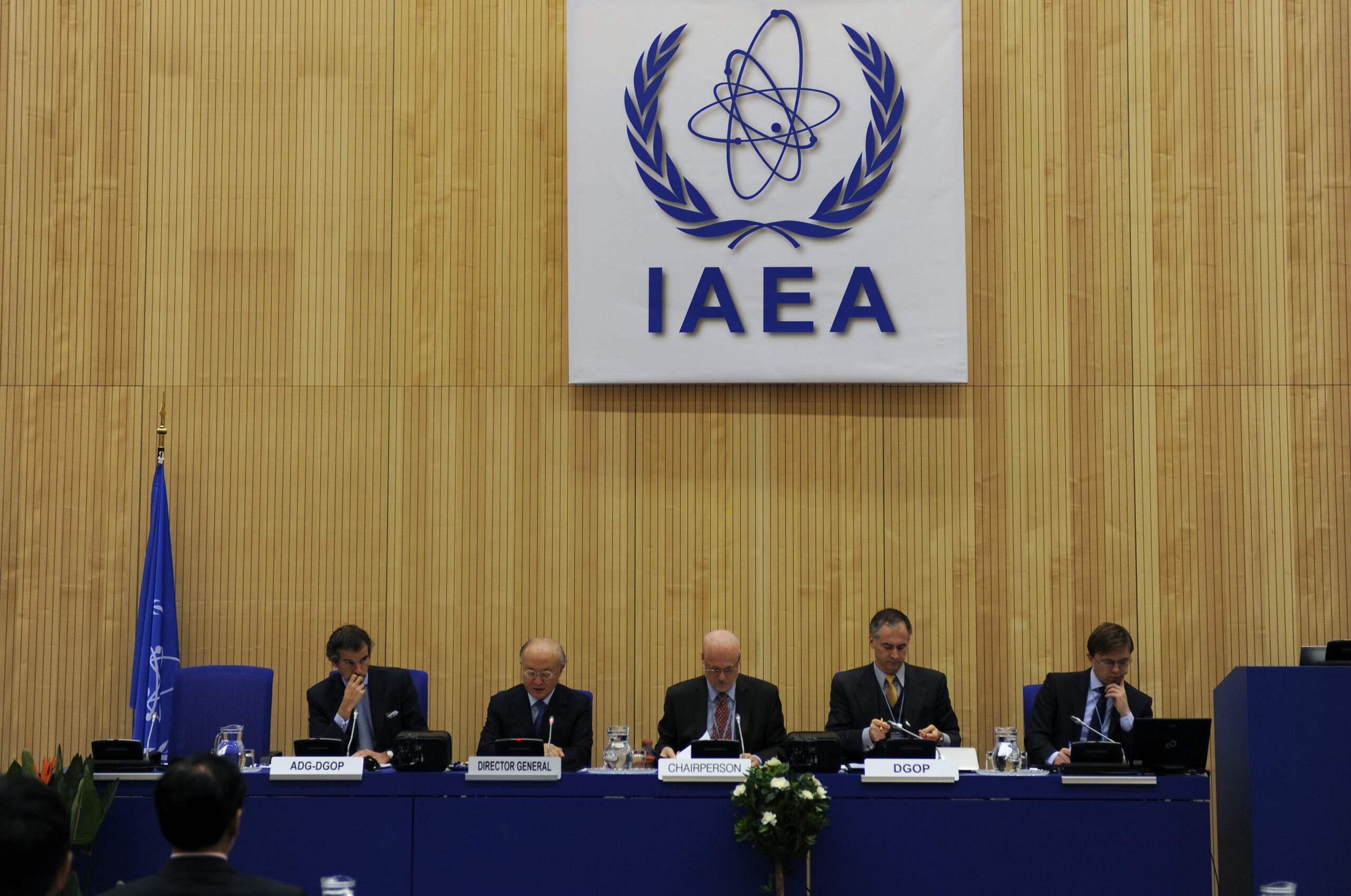
Towards Global Abolition: Nuclear Weapon Free Zones and the Treaty on the Prohibition of Nuclear Weapons
Nuclear Weapon Free Zones (NWFZs) have advanced the global movement against nuclear weapons by requiring—in at least one case—commitments from nuclear-armed countries to never use, test, or store their weapons within the NWFZ region.
